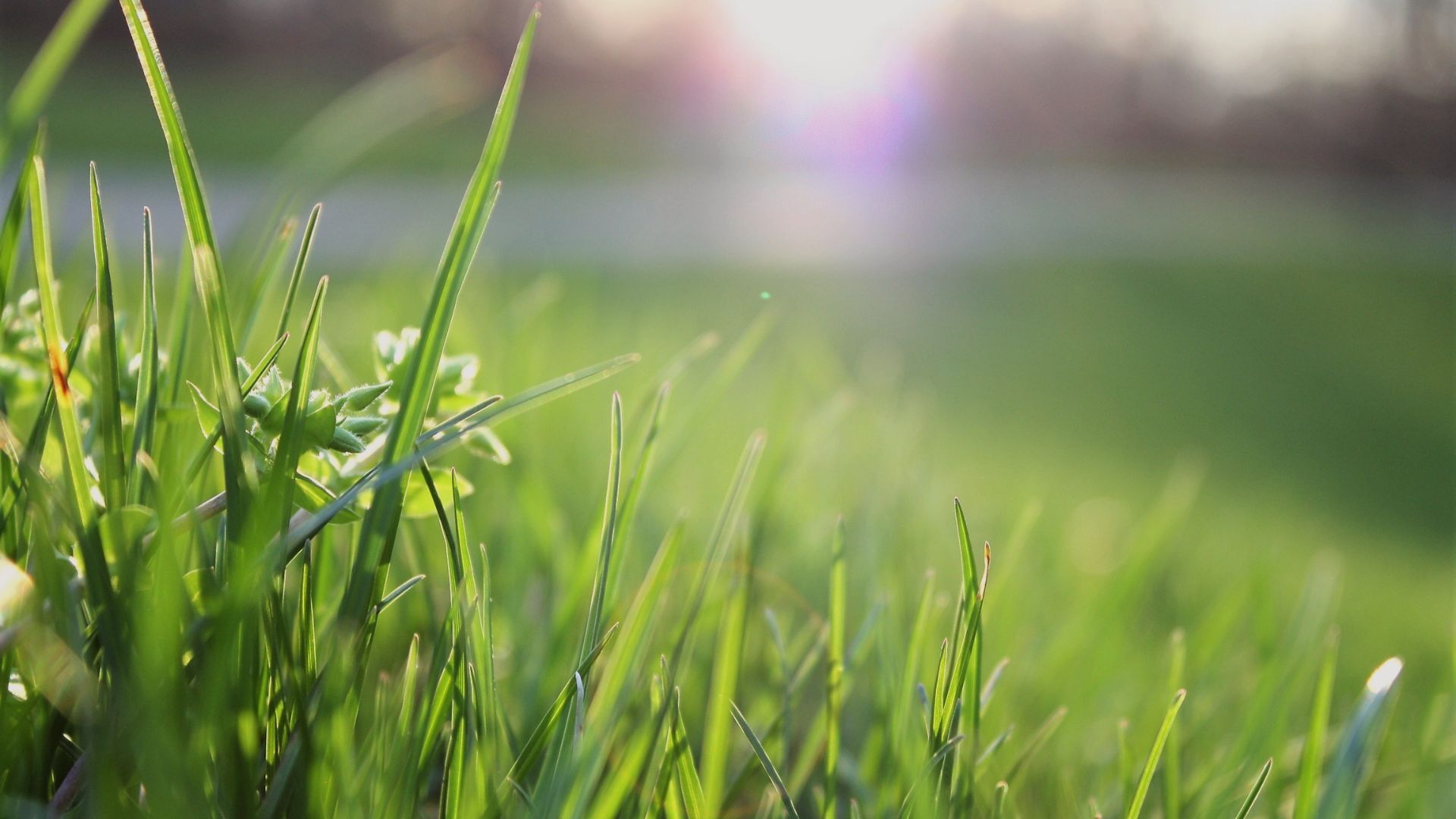 Back to news
Back to news
With the arrival of spring, the Ville de Saint-Lambert is reminding its by-law on pesticides
Published on 03 Apr 2025
The Ville de Saint-Lambert is taking advantage of the arrival of spring to remind citizens that, as of January 1, a new by-law on the use of pesticides has come into effect in Saint-Lambert.
This new bylaw, adopted by the municipal council, prohibits all forms of pesticides on the territory.
With this by-law, the City wishes to have better control over the pesticides used on its territory and avoid their use solely for aesthetic purposes.
The ban, which mainly applied to synthetic pesticides, has now been extended to biopesticides and low-impact pesticides. Since January 1, these types of pesticides can only be used in the event of infestation and after obtaining an application certificate.
Why restrict these pesticides too?
Although these types of pesticides are less persistent in the environment, this does not mean that they are without danger or long-term repercussions on our health and the environment.
For example, pyrethrin-based products, an insecticide effective against chinch bugs and once considered low-impact, are highly toxic to bees.
Maintenance by a contractor
Citizens who do business with a contractor are responsible for ensuring that the latter complies with the rules. In particular, they must hold a registration certificate from the city. A list of registered contractors is available on the Lawn page. In addition, they must carry an application certificate issued by the City for each pesticide application.
Alternatives to pesticides
There are a number of tricks you can use to get a beautiful lawn and thus avoid having to use pesticides. These include
- Don't mow your lawn too short (never less than 3 inches);
- Water infrequently, but for longer to reach the deep roots;
- Maintain the soil to encourage grass growth (e.g., aerate in spring and fall with a lawn aerator, weed and leafcycling, or use compost);
- Plant the right plant in the right place, by opting for ground cover plants (periwinkle, creeping thyme, pachysandra, etc.) or perennials where grass is difficult to grow;
- Encourage biodiversity by sowing white clover, fescue and ryegrass or incorporating thyme to keep grubs and weeds at bay.
For further tips, see the Lawn section.